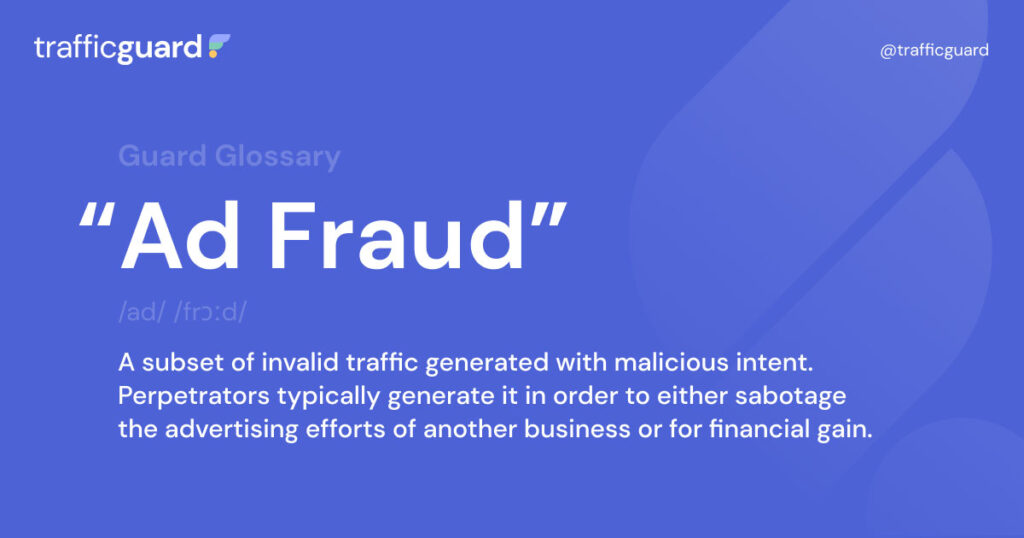Surge in ad fraud expected as Southeast Asia reopens to tourists: Trafficguard
by Ralph Hernandez / April 4, 2022
Travel and tourism in the Asia Pacific region could reach pre-pandemic levels this year, according to the World Travel and Tourism Council. But countries are set to lose upwards of $56 billion—or nearly P2.9 trillion—to mobile and online advertising fraud, an ad verification and fraud prevention platform warned.
The Australian-based software development company Trafficguard added that the amount could further increase as countries in the region reopen their borders to tourists, citing its commissioned whitepaper in 2018 by Juniper Research. GlobalData estimates travelers in Southeast Asia will reach 155 million this 2022. In the Philippines, the Department of Tourism said it’s “all systems go” as the country’s COVID-19 inter-agency task force approved the entry of fully-vaccinated foreigners starting this Friday, April 1.

Meanwhile, further examination by Trafficguard showed that bots, or automated programs that run a specific task, make up about “80% of all invalid traffic for travel advertisers, a stark contrast to the 15-30% affecting other industries.”
Trafficguard explained that a combination of the following factors contribute to the issue: the proliferation of third-party online travel agencies (OTA) that collect data from airlines’ and hotels’ databases then sell them on behalf of rentals and other airlines; the industry’s high-value loyalty programs that fraudsters look to take advantage of; and the push for installation of travel vendors’ apps, leaving them more susceptible to bad quality traffic and misattribution.
“Bearing the brunt of this will be the advertisers who are paying for traffic that will never generate any value. As time passes, ad fraud tactics will also be elevated, and it is imperative for advertisers, airlines, and OTAs to be aware of the prevalence of ad fraud in this sector,” Trafficguard Chief Revenue Officer Matt Sutton said. Bad bots can also result in higher fees for OTAs, as they make it appear that more people are viewing than booking flights, the company disclosed.
“Online travel market and airline categories are hugely competitive. As such, a lot of budget is spent on searches which have expensive PPC (pay-per-click) keywords. There are also a lot of programmatic campaigns with tailored messaging to consumers who have shown an interest in a particular airline or destination. These channels are rife with ad fraud,” Trafficguard CEO Matt Ratty added.
Read also
- HP Unveils Experience Hub in Southeast Asia
- Japan Airlines expands network plan for March-May 2022
- New startup incubator to foster change in global hospitality

Travelers flocked to NAIA Terminal 4 last March 28 when it first resumed flight operations since the pandemic.
Image source: NAIA MIAA


